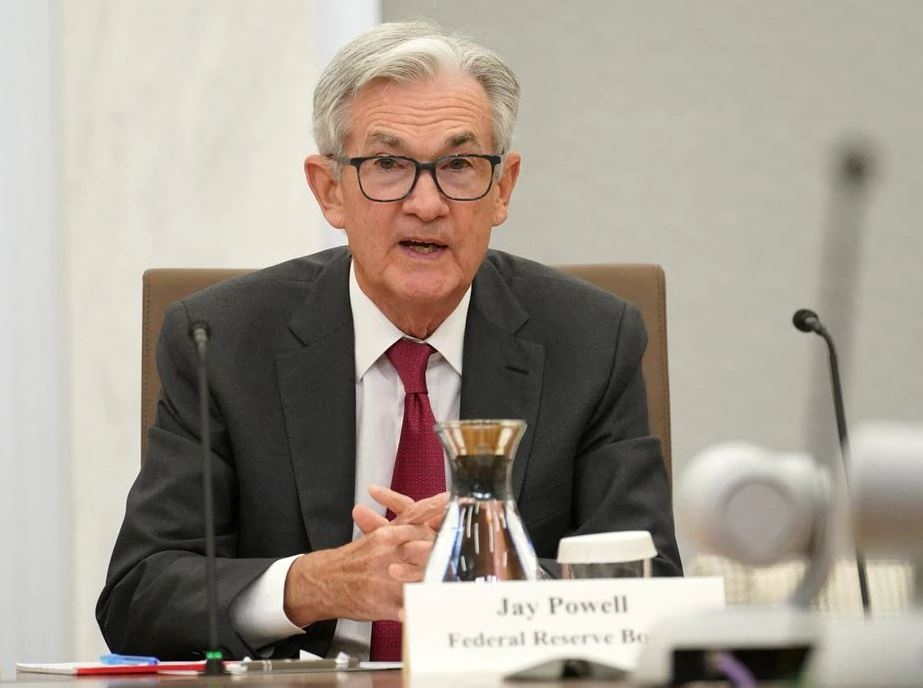Jerome H. Powell has enjoyed an uncommon level of popularity in a politically divided Washington for years.
While ostensibly a Republican, Federal Reserve Chair Jerome Powell is a political moderate who has been appointed to significant positions at the central bank by Presidents Biden, Obama, and Trump. In 2018 and 2019, when Mr. Trump criticised Mr. Powell on Twitter for not doing more to boost the economy, liberal and conservative pundits came to his rescue. When he was up for reelection, individuals from across the political spectrum advocated in his favour.
The praise has spread beyond the nation’s capital. After giving an economics-heavy address on the labour market to a group of businesses in Rhode Island in 2019, Jerome Powell earned a standing ovation, which is not normal for central bank speeches.
However, the acclaim may soon cease.
This is due to the fact that Mr. Powell, who is in his fifth year as head of the most significant central bank in the world, is presiding over the quickest interest rate rises in decades as the Fed attempts to rein in rising inflation. On Wednesday, the Fed is projected to increase interest rates by another three-quarters of a percentage point. And by the next year, borrowing prices are projected to increase to roughly 5 percent, up from virtually zero in March.
The last time the central bank made such rapid policy adjustments, in the 1980s, it caused severe economic suffering that prompted a fierce reaction against the sitting chair, Paul A. Volcker. And although the rate hikes were more dramatic in the past, the Fed’s actions were considerably less scrutinised by the public than they are now, when global financial markets rely on every word from the central bank.
Mr. Powell, 69, is intensely cognizant of his own and the institution he commands’ reputations. His staff gives him a collection of Fed-related news clips by 6 a.m., in addition to the four newspapers he reads daily. He keeps a close eye on the discussion economists are having about central bank policy, including the recent Twitter exchange between Lawrence H. Summers, a former Treasury secretary, and Paul Krugman, a New York Times columnist, about whether inflation is about to decline so much that the Federal Reserve is at risk of over-tightening monetary policy.
Mr. Powell’s awareness of how the Fed’s actions are seen has sometimes forced him to alter direction. After markets responded negatively to his Dec. 19, 2018 press conference, in which the Fed anticipated that it would continue withdrawing support from the economy, Powell adopted a softer posture early in 2019. And his insight has affected his communication style: Mr. Powell has attempted to connect with average Americans by providing straightforward statements that address how economic changes affect their lives.
Mr. Powell’s reactivity has always been seen as one of his assets, but it is also causing some economists and investors to doubt his ability to adhere to the central bank’s strategy to rein in inflation.
Once today’s rate rises translate into actual financial or economic suffering, there will undoubtedly be a barrage of criticism as recession chances mount and ordinary Americans find their jobs threatened and wage growth decelerating. Already, some legislators and progressive economists are imploring Mr. Powell, for the sake of the American worker, to cease his rate campaign.
Fed policy is determined by a committee, but the chair is the central bank’s most prominent and influential policymaker, and Mr. Powell is sure to be the target of criticism. As markets and the public respond, some Fed observers believe Powell will back off before the system is completely rid of inflation.
Currently, public opinion is mostly supportive of the drive to combat inflation. Americans dislike increasing costs, and the Biden administration often discusses the need to control inflation.
